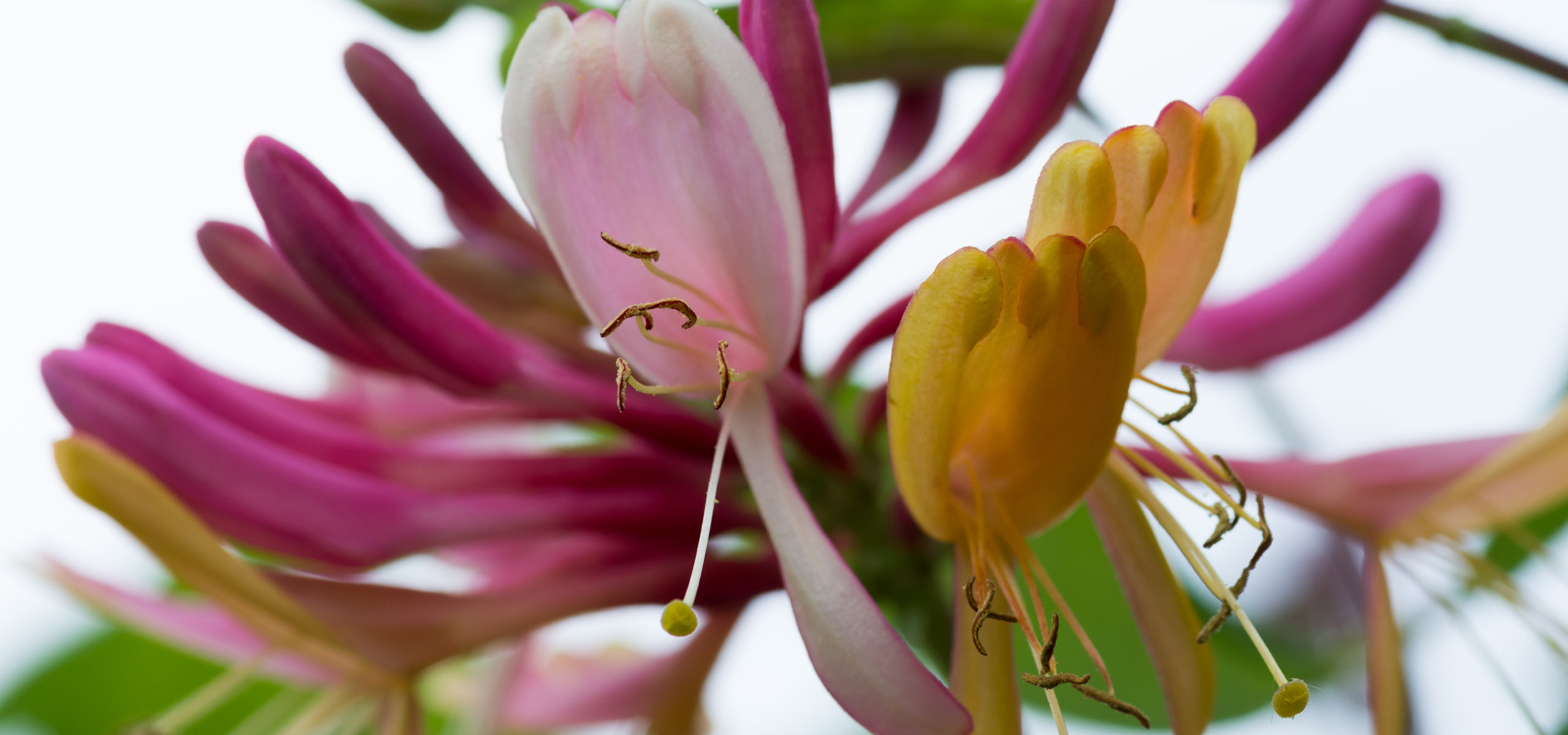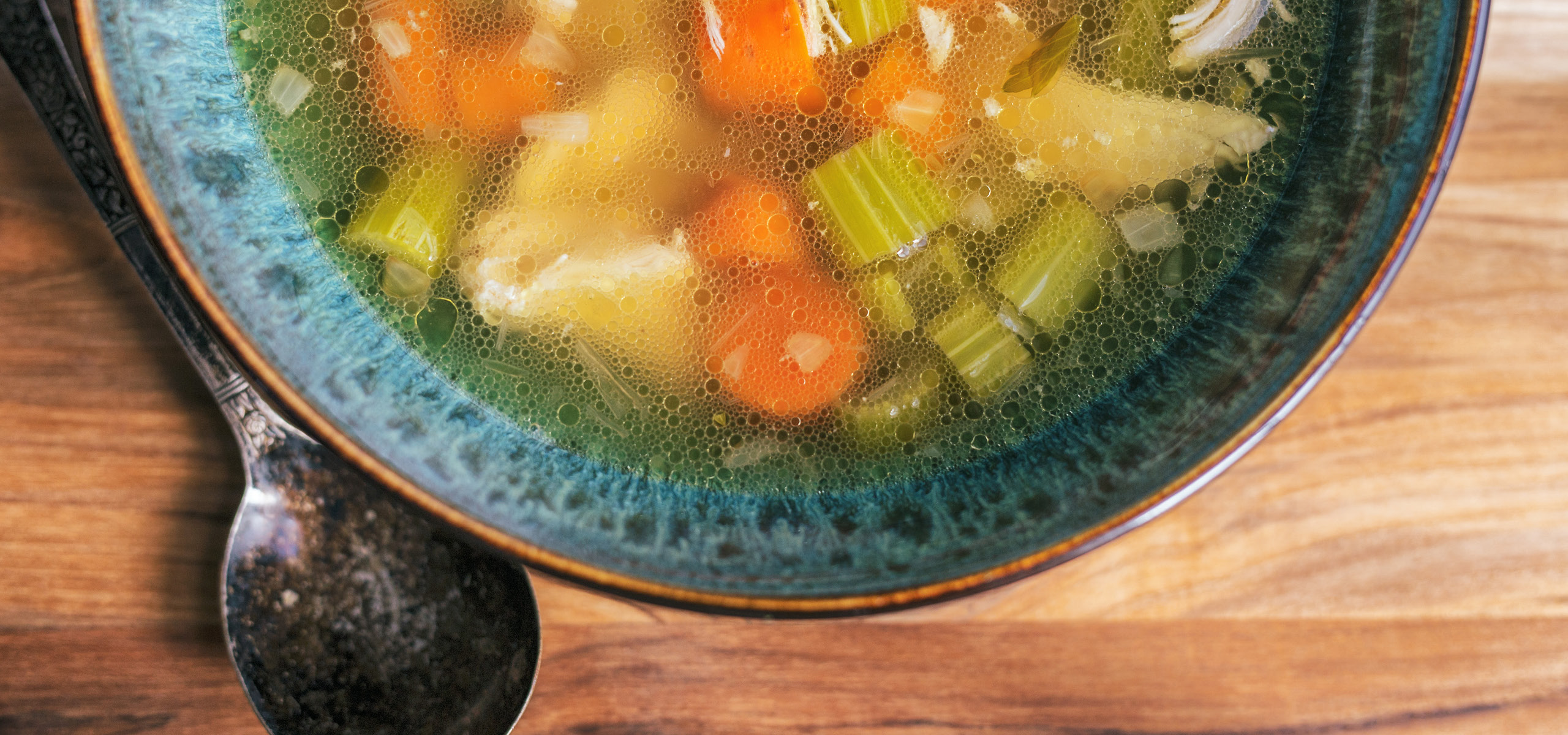Sore Throat

The larynx (voice box), tonsils and soft palate (the portion of the roof of the mouth towards the throat) are involved in a sore throat.
A sore throat often feels worse when swallowing or speaking, and may be accompanied by the urge to cough or clear the throat.
What causes sore throats?
Sore throats are often a symptom of common colds and flu. Children are more prone to sore throats than adults because their immune systems are still developing and they may not yet have built up their resistance
Sore throats in traditional Chinese medicine
Traditional Chinese medicine (TCM) views the throat as a component of the lung organ-meridian system, which encompasses the lungs themselves, the mucous membranes of the mouth and nasal passages, and the immune defences.
In this ancient system of medicine, a sore, dry or itchy throat is often considered the result of excess wind, especially if it starts suddenly and/or is accompanied by other symptoms of the common cold.
Often, excess wind is accompanied by excess heat, in which case additional symptoms may include dryness of the throat and aversion to cold and wind.
Herbal therapies for symptoms of sore throat
Andrographis relieves symptoms of sore throat
The herb andrographis relieves the symptoms of sore throat and also reduces the severity of mild upper respiratory tract infections (URTIs) and common colds and flu symptoms including runny nose and mild fever. Find andrographis alongside zinc and vitamin C for immune system support in Fusion's ActiViral.
Chinese licorice traditionally used in TCM
Found in Fusion's Cough Lung Tonic Liquid, Chinese licorice is used traditionally to relieve sore throat, dry unproductive coughs and moisten the lungs as a lung tonic in Chinese medicine. In Fusion’s Cough Lung Tonic capsules, Chinese licorice is traditionally used to soothe irritated tissues and relieve mild bronchial irritation.
Honeysuckle, traditionally used in TCM to clear wind-heat
In traditional Chinese medicine (TCM), the herb honeysuckle helps to relieve symptoms of common colds and flu. Honeysuckle has been prized for its cooling properties for hundreds of years. This herb is most commonly used to address the early stages of excess of wind-heat, such as sore throats. Often, honeysuckle is taken in combination with other herbs that expel wind or clear excess heat.
Echinacea traditionally used to relieve symptoms common colds and flus in WHM
In Western herbal medicine, echinacea is used to support the immune system in fighting illness, as well as providing relief from symptoms of colds and flu. Echinacea also aids in reducing the duration of the common cold in western herbal medicine. Echinacea is also used to relieve the symptoms of mild tonsillitis in Western herbal medicine.

Cold & Flu
Echinacea is found alongside andrographis to relieve common cold and flu symptoms and the symptoms of sore throat, plus other Chinese herbs in Fusion’s Cold & Flu found in convenient tablet formula.
Kids’ Cold & Flu Fighter
Fusion's Kids' Cold & Flu Fighter contains echinacea and elderflower, traditionally used to relieve children’s common cold and flu symptoms, including sore throat in Western herbal medicine. When external wind-heat symptom patterns are present in children, honeysuckle and forsythia are traditionally taken in TCM to reduce common cold and flu symptoms such as sore throat and mild fever.
Diet and lifestyle recommendations for a sore throat
- In TCM, hot and dry symptoms such as a sore throat suggest that the lung organ-meridian system needs nourishment and moisture, and may benefit from foods such as cooked pears and apples, chicken broth, figs, sweet potatoes, and eggs
- To relieve the heat of a sore throat, eat plenty of cooling foods, such as cucumber, citrus, silverbeet, bok choy and cabbage
- Dairy products are best avoided as they may promote the production of mucus
- Gargling warm water with lemon juice and raw honey may also help to soothe and moisten a dry throat (however, from the perspective of TCM, isn’t advisable when mucus is present as honey is believed to promote dampness and therefore the production of phlegm)
- Avoid cigarette smoke and other inhaled irritants
- If you’ve lost your voice, don’t try to talk or whisper, as doing so may worsen your symptoms and slow down your recovery
- Work on managing stress, as high stress levels weaken the immune system and can reduce the body’s natural immune defences.2 Qigong, tai chi, yoga, breath work and meditation are all great activities for reducing stress
Always read the label and follow the directions for use.

References:
- Health Direct. Last updated 2019 and accessed February 2021 from https://www.healthdirect.gov.au/sore-throat
- Mayo Clinic. Last updated 2020 and accessed February 2021 from https://www.mayoclinic.org/diseases-conditions/sore-throat/symptoms-causes/syc-20351635




















